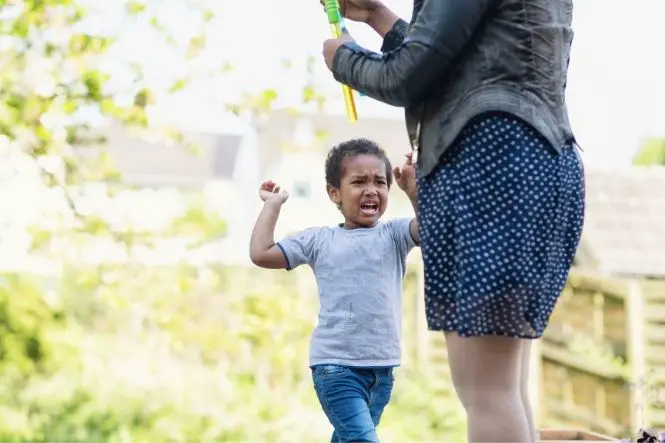The way that your children behave will change if you are experiencing relationship problems, and it is vital to recognise this early on so that measures can be put in place to help.
Table of Contents
A dilemma
You should always make sure that your children are not being forced to choose one parent over another. This can be difficult sometimes, since one parent usually has primary custody.
Accept things will change
Be honest and open with your children, don’t overload them or over share all your emotions and feelings with them though, as this is a huge responsibility for a child to have to deal with. If there is an absent parent, try to keep on good terms – if only for the sake of your children. If you are tired and stressed, tell your children but don’t get angry. Just explain that you have a lot to do and need a bit of help from them.
Routine
Routine is key for single parent families, and will help you to manage any behavioural changes. Everyone can benefit from having a simple domestic routine to stick to and children respond particularly well to this. Quite apart from the fact that a routine is important to make sure everything gets done, routine can be a huge comfort to children especially if their parents have recently split up.
Simple approach
Simple things like having a family planner stuck to the kitchen cupboard door with a list of everything that has to happen each day, are a great way to keep on top of things. If you can stick to regular meal times and bed times as well then you will find life becomes a lot less stressful. During the school or working week, try really hard to stick to a routine that means homework gets done, school uniforms are washed and ironed and everyone gets to bed at a reasonable time. Then at the weekends you can afford to relax the rules a bit.
Rewards are good! Children can be praised and rewarded for helping around the house with small tasks that will make a big difference to a single parent’s work load. Keep a reward chart marked with stars or smiley faces and then at the end of each week add up all the stars and give your children a small treat. This will have a positive impact on their behaviour.
Enjoying life
If your children take part in regular activities, try really hard to keep them in the routine of going to their classes or groups. It’s important that children have structure in place and do things regularly that they enjoy.
Try to attend as many school events as possible. It’s really important for your child to be supported in this way, and to see that you want to see them take part in events with their friends and fellow pupils. Keep talking to the teachers. If your child has a home/school diary and you have had a particularly stressful weekend then put a note in the book to let the teacher know what has happened.
School is part of your routine, so to keep mornings as stress free as possible get organised the night before. This way, if you do have a child who is reluctant to go to school, you will have time and space to stay calm rather than rushing and getting stressed.
The absent parent
Children have a right to see both of their parents -if they want to- and it is important to remember this and do everything you can to try and help them as much as possible. This may not be an easy task for you, particularly if you do not get on well with your ex, however it is important to remember that whatever the reasons for you becoming a single parent, children cannot be blamed and must be allowed to see both parents.
Obviously in some cases, it may not be possible, safe or sensible for your child to see the absent parent. In these cases you will need to take detailed advice from professionals who can help you. If you have a regular access arrangement, this will help as you can include visits or overnight stays with the absent parent as part of your family routine and add all the details to the planner. If you can stick to the same days/times each week or month then you will all benefit as you can plan other activities around the times that the children are with their other parent.
Listen to your children. You may find that they behave differently after visiting the absent parent and you will need to find out why. Instead of interrogating them the minute they walk through the door, let them come to you, because they will!


